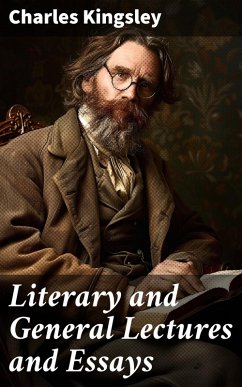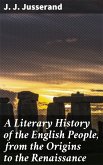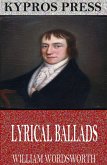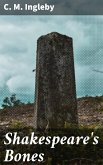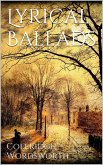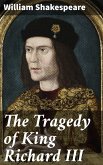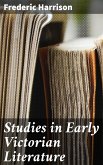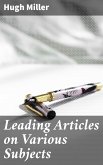In "Literary and General Lectures and Essays," Charles Kingsley presents a compelling collection of essays that reflect his diverse intellectual pursuits and his commitment to social reform. This rich tapestry of thought encompasses literary criticism, nature studies, and sociopolitical commentary, characterized by an elegant prose style that is both accessible and profound. Kingsley integrates personal insights with rigorous analysis, rooted in the Victorian context of moral uplift and the burgeoning interest in natural science. His essays traverse topics from the value of literature to the ethical implications of industrialization, offering a holistic view of 19th-century thought. Charles Kingsley (1819-1875) was a multifaceted figure'Äîa clergyman, historian, and social reformer'Äîwhose varied experiences informed his writing. His advocacy for social justice and environmental awareness is evident throughout the essays, suggesting that his engagement with social issues stemmed from both his pastoral duties and his commitment to the betterment of society. Kingsley was deeply influenced by the Romantic movement, yet he harnessed these principles to address contemporary concerns, particularly the rapid changes brought about by the Industrial Revolution. This collection is invaluable for anyone keen on understanding the interplay between literature and society in the Victorian era. Its insights remain relevant today, making it a vital read for scholars, students, and general readers alike who seek to explore the moral and aesthetic questions that continue to resonate in contemporary discourse.
Dieser Download kann aus rechtlichen Gründen nur mit Rechnungsadresse in A, B, BG, CY, CZ, D, DK, EW, E, FIN, F, GR, H, IRL, I, LT, L, LR, M, NL, PL, P, R, S, SLO, SK ausgeliefert werden.

